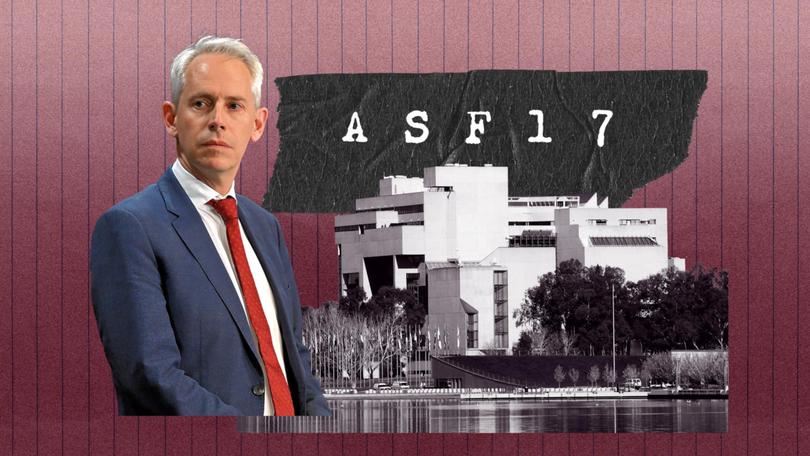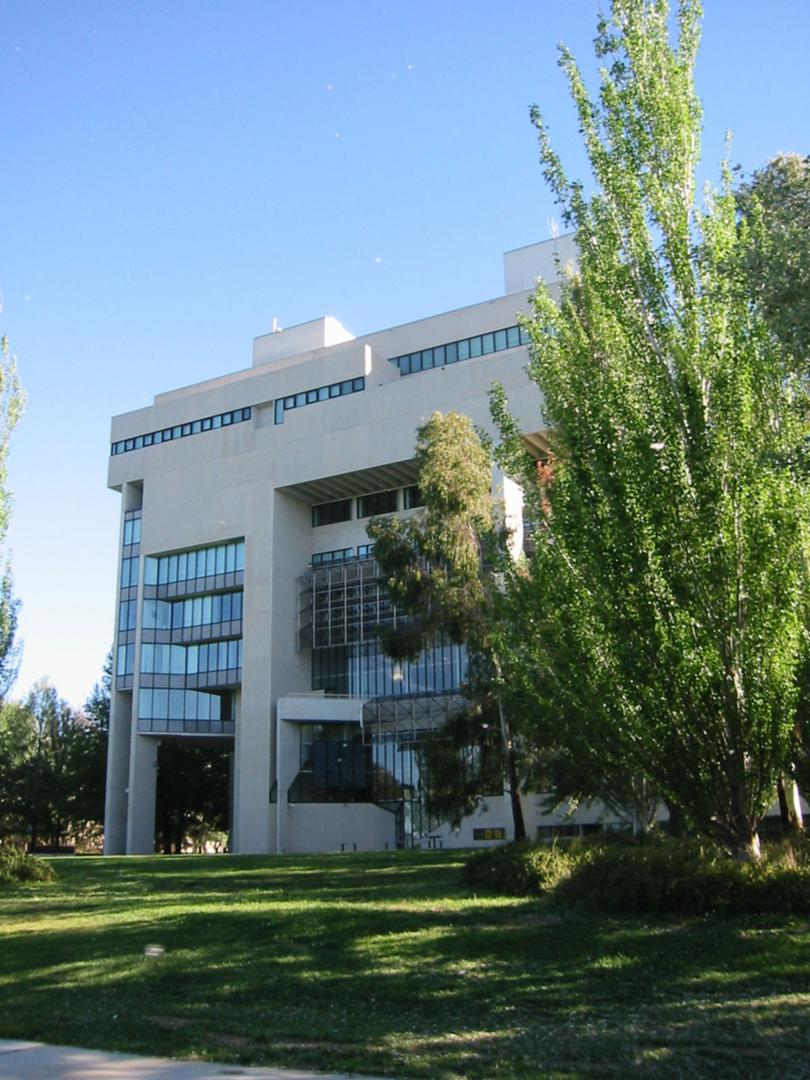Immigration detention: Labor revolt over detention laws escalate amid major High Court case
Human rights concerns have led a Labor-chaired committee to push for a rewrite of the most contentious parts of the Federal Government’s legislation.

A Labor-led parliamentary committee is pushing for a major re-write of their own Government’s deportation legislation due to human rights concerns, escalating an internal revolt over the controversial plan.
Parliament’s joint committee on human rights — which includes five Labor MPs and Senators — published a report on Wednesday afternoon recommending a raft of the Bill’s most contentious provisions be scrapped or watered down.
The report was published on the same day the High Court was hearing the case which the Federal Government was attempting to pre-empt when it tried — and failed — to rush the Bill through Parliament.
Sign up to The Nightly's newsletters.
Get the first look at the digital newspaper, curated daily stories and breaking headlines delivered to your inbox.
By continuing you agree to our Terms and Privacy Policy.The High Court case involves a 37-year-old Iranian man who is refusing to cooperate with authorities seeking to deport him because of fears his sexuality puts him at risk of the death penalty in Iran.
The hearing adjourned on Wednesday afternoon with no verdict.
The outcome could result in the release of between 150 and 200 detainees in similar situations, adding to the 150 detainees freed after last year’s bombshell High Court ruling on indefinite detention.

The legislation would allow the Government to impose a prison sentence of between one and five years on asylum seekers who refuse to cooperate with their deportation.
Under the Bill’s most contentious provision, the immigration minister would be able to deny visa applications from countries whose governments do not accept involuntary deportations, such as Iran, South Sudan and Zimbabwe.
The power to blacklist entire countries has sparked fear among migrant communities and triggered a backlash from Labor’s youth wing and grassroots pro-refugee group, which described it as a “huge over-reach”.
The parliament’s human rights committee - chaired by Labor backbencher Josh Burns — wants limits on how long a country can be listed amid concerns the provision does not have “sufficient safeguards”.
The committee also wants the mandatory minimum sentences for people who refuse to cooperate with authorities to be scrapped.
“The committee notes the intention of this legislation is to protect the integrity of Australia’s migration system by requiring certain non-citizens to cooperate with efforts to remove them from Australia in accordance with enforceable removal pathway directions,” the committee wrote.
“However, by requiring certain non-citizens to do things that would facilitate their removal from Australia, non-compliance with which carries a mandatory minimum sentence of one-year imprisonment, the measure engages and limits numerous human rights.”
Immigration Minister Andrew Giles earlier this week said the powers were necessary because the Federal Government had “very limited” options to deal with foreigners — including criminals — who had exhausted legal avenues to remain in Australia and whose home nation wouldn’t accept them.
Speaking at a parliamentary inquiry on Monday night, Department of Home Affairs boss Stephanie Foster said she did not believe the legislation needed to be amended despite the avalanche of criticism.
